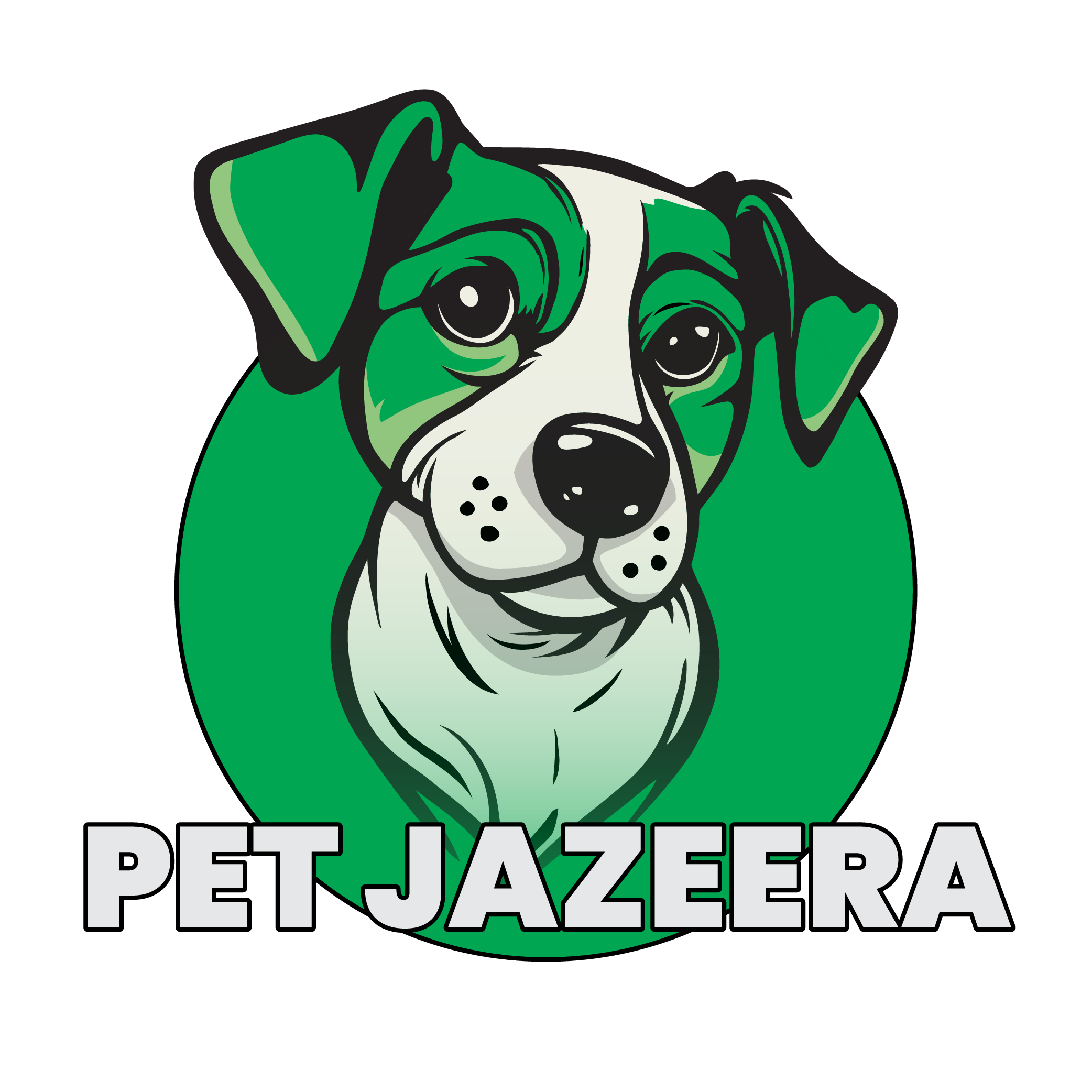Common French Bulldog Health Problems
According to USA Today, there are 201 dog breeds in the USA. All of these breeds are prone to different medical conditions, while French Bulldogs are no exception. Understanding common French Bulldog health problems is essential for every owner. This guide covers symptoms, treatments, and preventive measures to help your French Bulldog live healthier and happier lives. Stay informed to provide the best care. While they can be healthy and live whole lives with proper care, they often experience health problems such as brachycephalic airway syndrome, allergies, and hip dysplasia. Regular vet check-ups, a balanced diet, and a safe environment are crucial in managing their health and preventing illnesses.
1. Brachycephalic Airway Syndrome
French Bulldogs are brachycephalic, meaning they have a shortened skull shape, which can lead to breathing difficulties. Exercise intolerance, snoring, and loud breathing are among the symptoms. Managing weight, preventing overheating, and, in extreme situations, undergoing surgery to open up the airways are common treatment strategies.
2. Hip Dysplasia
Hip dysplasia is a genetic condition where the hip joint doesn’t fit properly into the hip socket. Signs include limping, stiffness, and difficulty rising. Preventive measures include maintaining a healthy weight and providing joint supplements. Severe cases may require surgery.
3. Intervertebral Disc Disease (IVDD)
IVDD occurs when the discs between the vertebrae in the spine bulge or burst, pressing on the spinal cord. Symptoms include pain, weakness, and loss of coordination. Treatment ranges from rest and medication to surgical intervention in severe cases.
4. Allergies
French Bulldogs can suffer from food, environmental, and contact allergies. Common allergens include specific proteins, pollen, and chemicals. Symptoms include itching, redness, and digestive issues. Management involves identifying and avoiding allergens, using hypoallergenic products, and possibly medication.
5. Ear Infections
Their large, bat-like ears make French Bulldogs prone to ear infections caused by bacteria, yeast, or mites. Symptoms include head shaking, scratching, and discharge. Regular ear cleaning, keeping ears dry, and veterinary-prescribed ear drops can help prevent and treat infections.
6. Cherry Eye
The cherry eye develops when the tear gland in the third eyelid prolapses and is visible. A red, swollen lump in the corner of the eye is one of the symptoms. Surgery is usually required to realign the gland as part of the treatment.
7. Skin Fold Dermatitis
The folds of skin on a French Bulldog can trap moisture and bacteria, leading to dermatitis. Symptoms include redness, odor, and discomfort. Regular cleaning and drying of skin folds and medicated wipes or creams can help prevent this condition.
8. Hemivertebrae
Hemivertebrae is a congenital condition where the vertebrae are abnormally shaped, potentially causing spinal deformities. Symptoms include a hunched back, pain, and difficulty walking. Physical therapy may manage mild cases, while severe cases might require surgery.
9. Patellar Luxation
Patellar luxation occurs when the kneecap slips out of place. Symptoms include skipping, lameness, and difficulty walking. Mild cases may be managed with weight control and physical therapy, while severe cases might require surgery to realign the kneecap.
10. Hypothyroidism
The disorder known as hypothyroidism, in which the thyroid gland produces insufficient amounts of hormones, can result in fatigue, weight gain, and skin problems. Blood tests are used to make the diagnosis, and regular hormone replacement therapy is part of the treatment.
11. Conjunctivitis (Pink Eye)
An inflammation of the eye’s lining brought on by allergies or infections is called conjunctivitis or pink eye. Redness, drainage, and swelling are among the symptoms. Cleaning the eye and applying recommended eye drops or ointments are part of the treatment.
12. Hemophilia
Hemophilia is an inherited disorder that results in blood clotting. Symptoms include excessive bleeding from minor injuries and spontaneous bleeding. There is no cure, but management includes avoiding injuries and administering clotting factors as needed.
13. Cataracts
Cataracts cause cloudiness in the eye’s lens, leading to vision loss. Symptoms include cloudy eyes and difficulty seeing. Treatment often involves surgical removal of the cataracts to restore vision.
14. Heart Disease
French Bulldogs are prone to heart conditions like mitral valve disease. Symptoms include coughing, fatigue, and difficulty breathing. Regular veterinary check-ups, a heart-healthy diet, and medications can help manage heart disease.
15. Cleft Palate
A cleft palate is a congenital defect where there is an opening in the roof of the mouth. Symptoms include difficulty eating and nasal discharge. Surgical correction is usually required to fix the cleft and prevent complications.
16. Obesity
Heart disease and knee difficulties are only two of the many health concerns that obesity may cause. Insufficient exercise and overfeeding are among the causes. Remaining physically active and eating a healthy diet are crucial for managing weight.
17. Heat Sensitivity
Due to their short snouts, French Bulldogs are highly sensitive to heat and can easily overheat. Symptoms include excessive panting, drooling, and lethargy. Prevention involves keeping them cool, avoiding hot weather, and providing plenty of water.
18. Gastric Torsion (Bloat)
Gastric torsion, or bloat, is a life-threatening condition where the stomach twists, cutting off blood supply. Symptoms include a swollen abdomen, restlessness, and vomiting. Immediate veterinary care is required, often involving surgery to untwist the stomach.
19. Canine Degenerative Myelopathy
Degenerative myelopathy is a progressive disease of the spinal cord leading to hind limb weakness and paralysis. There is no cure, but physical therapy and supportive care can help maintain quality of life.
20. Luxating Elbows
Luxating elbows occur when the elbow joint slips out of place. Symptoms include lameness and difficulty using the affected limb. Treatment ranges from weight management and physical therapy to surgical correction.
21. Bladder Stones
Bladder stones are mineral formations in the bladder that cause pain and difficulty urinating. Symptoms include straining to urinate, blood in urine, and frequent urination. Treatment includes a special diet to dissolve stones or surgical removal.
22. Progressive Retinal Atrophy (PRA)
PRA is a genetic condition that causes gradual vision loss and leads to blindness. Symptoms include night blindness and dilated pupils. There is no cure, but management involves adjusting the dog’s environment to cope with vision loss.
23. Pyoderma
Pyoderma is a bacterial skin infection often affecting French Bulldogs due to their skin folds. Symptoms include red, itchy, and pustule-covered skin. Treatment involves antibiotics and medicated shampoos.
24. Megaesophagus
Megaesophagus is a condition where the esophagus enlarges and loses its ability to move food to the stomach. Symptoms include regurgitation, weight loss, and aspiration pneumonia. Management involves feeding in an elevated position and special diets.
25. Anxiety
French Bulldogs are prone to anxiety, which can manifest as excessive barking, destructive behavior, and aggression. Causes include separation anxiety and changes in the environment. Management includes creating a stable routine, using calming products, and possibly medication.
Additional Tips for Owners
- Regular Vet Check-Ups: Ensure your French Bulldog has regular veterinary visits to catch any health issues early.
- Healthy Diet: To keep French Bulldogs at a healthy weight, maintain a balanced diet with the best protein sources.
- Exercise: Regular, moderate exercise is essential to prevent obesity and maintain overall health.
- Boarding: When boarding your French Bulldog, ensure the facility knows the breed’s specific needs and health concerns.
- Anxiety Management: If your French Bulldog shows signs of anxiety, create a stable routine and consider using calming products or consulting a vet for further advice.
Conclusion
Understanding and managing the 25 common health problems in French Bulldogs is crucial for ensuring their well-being. Regular vet check-ups, a balanced diet with the best protein for French Bulldogs, and a safe, supportive environment can significantly improve their quality of life. Being proactive and informed can help your French Bulldog avoid serious health issues and enjoy a long, happy life. Remember, the best care comes from knowing your pet’s needs and giving them the love and attention they deserve.
Which of these medical conditions are severe and can be fatal?
Several of these medical conditions can be severe and potentially fatal, including brachycephalic airway syndrome, intervertebral disc disease (IVDD), gastric torsion (bloat), and heart disease. Immediate veterinary attention and ongoing management are crucial for these conditions to prevent severe complications and ensure your French Bulldog’s well-being.
How can I help my French Bulldog maintain a healthy weight?
Obesity is a significant concern for French Bulldogs. Portion control, regular exercise, and avoiding high-calorie treats are essential. Consult your vet for a tailored diet plan.
What is the best diet for a French Bulldog, and what should I avoid?
A high-quality diet with appropriate protein and fat levels is crucial. Avoid foods high in carbohydrates and fillers. Consult your vet for specific recommendations.
How much exercise does a French Bulldog need, and what activities suit it?
Due to their brachycephalic nature, French Bulldogs have limited stamina. Short, frequent walks and gentle play sessions are ideal. Avoid overheating.




